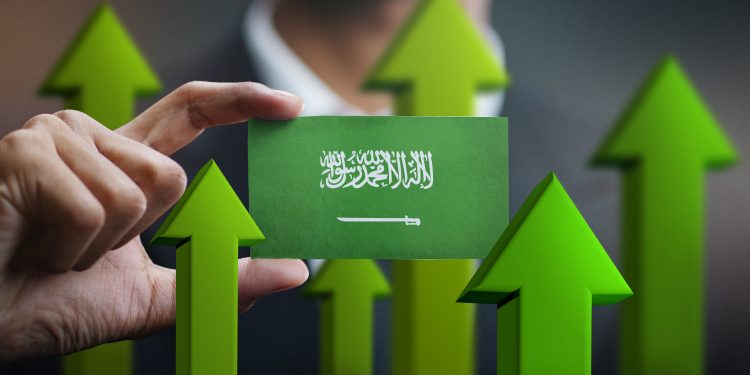Saudi Arabia’s non-oil private sector experienced significant growth in March, spurred by strategic marketing efforts, pricing strategies, and a strengthening economy, as reported by Riyad Bank and S&P Global.
The non-oil sector’s dynamism is a testament to the government’s economic initiatives. The Riyad Bank Saudi Arabia PMI recorded 58.1 in March, indicating robust growth, albeit slightly down from February’s 58.4, yet surpassing the average of 56.9. New orders stimulated increases in production, employment, and inventory levels, with employment seeing its strongest quarter in over ten years. Hiring maintained February’s near-record pace. Competitive market conditions prompted businesses to lower selling prices for the first time in six months, while input cost inflation reached its lowest in over four years. Improved supplier relationships resulted in better delivery times, though supply chain challenges led to some delays. This development supports Saudi Arabia’s objectives of attracting investment and enhancing competitiveness through regulatory and infrastructure improvements.
For investors, Saudi Arabia’s expanding non-oil sector presents promising diversification opportunities. Companies are responding to competitive pressures by reducing prices and expanding their workforce, facilitating growth beyond oil reliance. As the country strengthens its economic resilience through reforms, investors should keep an eye on emerging sectors in this evolving market.
On a broader scale, Saudi Arabia is reshaping its economic landscape by prioritizing non-oil growth. Government investments in infrastructure and regulatory enhancements are setting the stage for increased foreign investment and greater global market participation. This strategic shift could serve as a model for other nations seeking to diversify their economies and achieve stability and adaptability.


